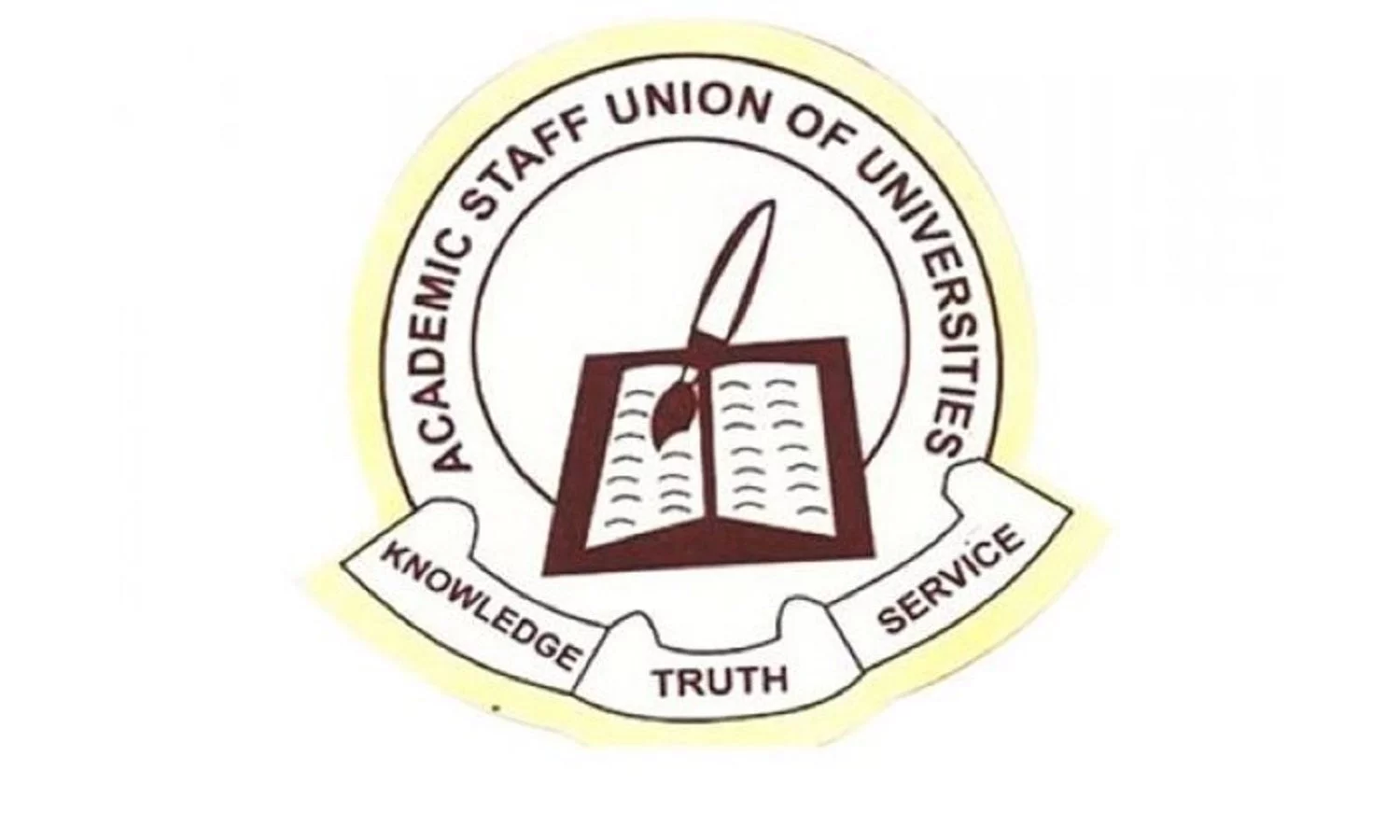The name, Academic Staff Union of Universities (ASUU), has been synonymous with strike. The union which was formed by university teachers now turn their grievances to the infrastructural decay in the nation’s universities. But some Nigerians say their frequent agitations and face-offs with the federal government are informed by greed and comes short of patriotism, Uji Abdullahi reports.
Background
The Academic Staff Union of Universities (ASUU) was formed in 1978. The union is a successor to the Nigerian Association of University Teachers which was formed in 1965 and covering academic staff in all federal and state universities in the country.
ASUU was active in the struggles against both military regimes and civilian administrations since the 1980’s.
In 1988, the union organised a national industrial action to obtain fair wages and university autonomy. Following this, it was proscribed on August 7, 1988 and all its property seized, but was allowed to resume in 1990. However, after it called another strike, it was again banned on August 23, 1992. Then agreement was reached on September 3, 1992 that satisfied most of the union’s demands, including the right of workers to collective bargaining.
The ASUU called further strikes in 1994 and 1996, this time, protesting against the dismissal of its members by the Abacha military regime.
ASUU in the Fourth Republic
After the return to democracy in 1999, the union continued to be militant in demanding the rights of university workers, even against stiff opposition by Obasanjo government.
Chronicles of ASUU strikes
1999
After the end of the military era in 1999, Nigerian students experienced a disruption in their academic pursuits. Few months after the Obasanjo administration was sworn-in, ASUU embarked on a nationwide strike and it lasted for five months.
2001
In 2001, ASUU declared another strike over issues related to the reinstatement of 49 lecturers sacked at the University of Ilorin. The furious President Olusegun Obasanjo described the lecturers as “A bunch of lazy and ungrateful people”.
2002
The academic union was forced to embark on another industrial action on December 29, 2002, after the Obasanjo administration failed to implement the agreement. The strike lasted for only two weeks.
2003
In 2003, Nigerian students had to stay at home again for six months as ASUU embarked on another industrial action due to the non-implementation of previous agreements, which covered poor university funding and disparity in salary and retirement age.
2005
Universities lecturers went on another industrial action for just two weeks, with vague demands, because Nigerian people had been fed up with their unending demands.
2006
In April 2006, academic activities were paralysed in all government universities all over the country when ASUU declared a 3-day warning strike, which eventually lasted for one week.
2007
The 2006 industrial action was quickly followed by another on March 26, 2007. The strike lasted for three months. The reasons for the strike were in no way different from the previous strike.
2008
In a bid to press home their usual demands, ASUU went on strike for one week in 2008. The demands included an improved salary scheme and re-engagement of 49 lecturers who were dismissed at the University of Ilorin.
2009
In 2009, lecturers in public universities again embarked on an industrial action that lasted for four months. The strike which started in June was called off in October. Before the strike was suspended, the federal government and the union had an agreement, which would later become the reason for subsequent industrial actions.
2010
The year 2010 again saw a cog in the wheel of higher education in Nigeria. University undergraduates were stranded in their academic works, as ASUU embarked on another indefinite strike that lasted for over five months. The strike started on 22 July 2010 and was called off in January 2011.
2011
Smarting under the pain that the FG failed to honour its 2009 agreement to adequately fund universities in the country and implement the 70-year retirement age for lecturers, the union again paralysed academic activities nationwide in December 2011. The strike lasted for 59 days and was called off in 2012.
2013
Again, the government’s failure to review the retirement age for professors from 65 to 70; raise the budgetary allocations to the education sector by 26 per cent; approve funding to reform the university system; among other demands, led to another industrial action.
The strike was embarked upon on July 1, 2013, called off on Tuesday, December 17, 2013. It lasted for five months, 15 days and seven hours.
2017
On August 17, 2017, ASUU declared an indefinite strike over unresolved and contentious issues with the federal government. The strike was called off in September.
2018
Again, due to the federal government’s failure to meet its demands, ASUU declared an indefinite nationwide strike.
The union announced the strike on Sunday, November 4, 2018, after their National Executive Council meeting held at the Federal University of Technology, Akure, Ondo state.
Meanwhile, former President Obasanjo said university lecturers stampeded the government into signing the 2009 agreement, which has been the basis of their incessant strikes.


